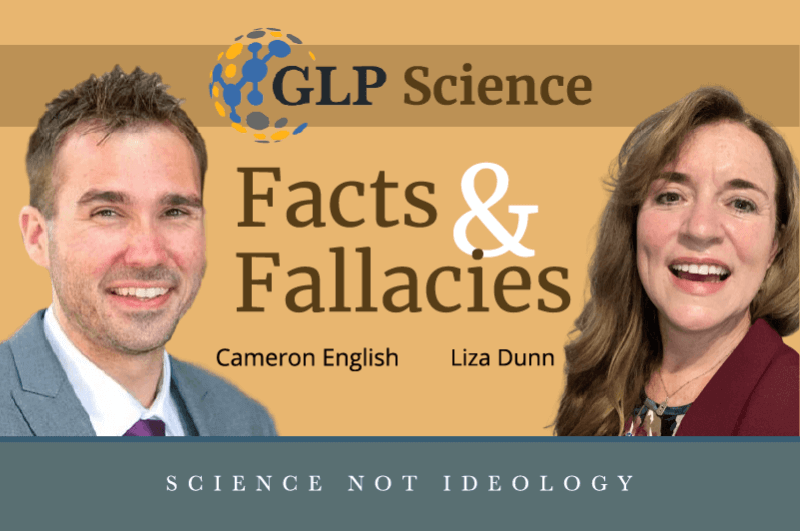Podcast:
Podcast: Play in new window | Download
Subscribe: RSS
Video:
Join hosts Dr. Liza Dunn and GLP contributor Cameron English on episode 245 of Science Facts and Fallacies as they break down these latest news stories:
The US government’s COVID-19 response–inconsistently enforced lockdowns, mask mandates and vaccine mandates, most notably–angered many Americans. Recent poll results show that just 57% of the public says science has had a mostly positive effect on society, an eight percentage point drop since November 2021 and a decline of 16 points since before the coronavirus outbreak. With the frustrations of the pandemic still fresh in the minds of many, what can scientists do to regain America’s confidence?
The EU had a grand plan to boost organic farming and cut agricultural chemical use—then reality hit. The pandemic, war in Ukraine and severe inflation turned food shortages into a looming threat for Europe. Added to these tumultuous conditions was intense opposition from farmers, who saw the EU’s infatuation with organic agriculture as an attempt to rob them of their livelihoods. Politicians in Europe finally took a hint and rescinded their ‘Green Deal’ proposal. Governments around the world should learn from the EU’s example: bad policy can have potentially catastrophic consequences.
Gene editing has already yielded incredible results in medicine and agriculture, and the technology will only grow more powerful with time as our understanding of genetics improves. However, some ethicists fear that advances in human gene editing, particularly germline editing, which modifies the DNA parents pass down to their children, could outpace our ability to address moral questions surrounding its use. For instance, is it ethical to permanently alter genes that control multiple traits we don’t fully understand? Appropriate regulation may mitigate such risks, but who gets to do the regulating, and what basis do they justify their decisions?
Dr. Liza Dunn is a medical toxicologist and the medical affairs lead at Bayer Crop Science. Follow her on X @DrLizaMD
Cameron J. English is the director of bio-sciences at the American Council on Science and Health. Visit his website and follow him on X @camjenglish































